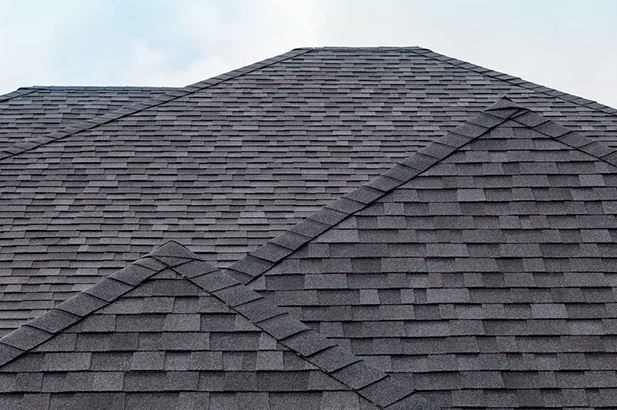
Please remember to notify your insurance company when you get a new roof.
Over the past decade or so, we’ve seen insurers pay more attention to roofs. They’re paying attention to age and quality, overhanging trees, and they’re double-checking with on-site inspections or, more frequently, aerial imagery.
Speaking as an agent and consumer here in Oregon, it’s clear that these newer processes of assessing risk raise plenty of reasonable questions as we wrestle through how to care for our property and the much more expensive question of whether or not to replace a roof. (We live in Aloha and finally replaced our roof last year.)
But one thing is clear, if you’ve replaced your roof, tell your insurer.
Why bother?
Your rate might go down. Newer roofs are associated with less claims and so newer roofs generally help the premium to go down.
Avoid claim complications. Some policies modify the terms of coverage once the roof passes a certain age. For instance, some home insurance policies shift to a roof payment schedule after 20 years. A roof payment schedule moves the coverage from simple replacement cost (“How much will it cost to replace this roof with a similar one?”) to a value schedule that takes into account the age of the roof. In other words, a schedule reduces coverage. So if you have a new roof, you want them to know so you’re getting appropriate coverage.
Ensure your coverage matches your actual roof. Perhaps you upgraded from standard composition to architectural grade shingles or changed materials, say from shake to tile. You may need more or less coverage depending on the type.
It may also be a good time to get a new home insurance quote. Insurers each have their own rate and pricing structure. So if a new roof doesn’t help your rate with your current insurer, there’s a decent chance you’ll be able to get better rates elsewhere.
Learn more About Us (actual people!), our Sensible Approach, or our Carriers.
